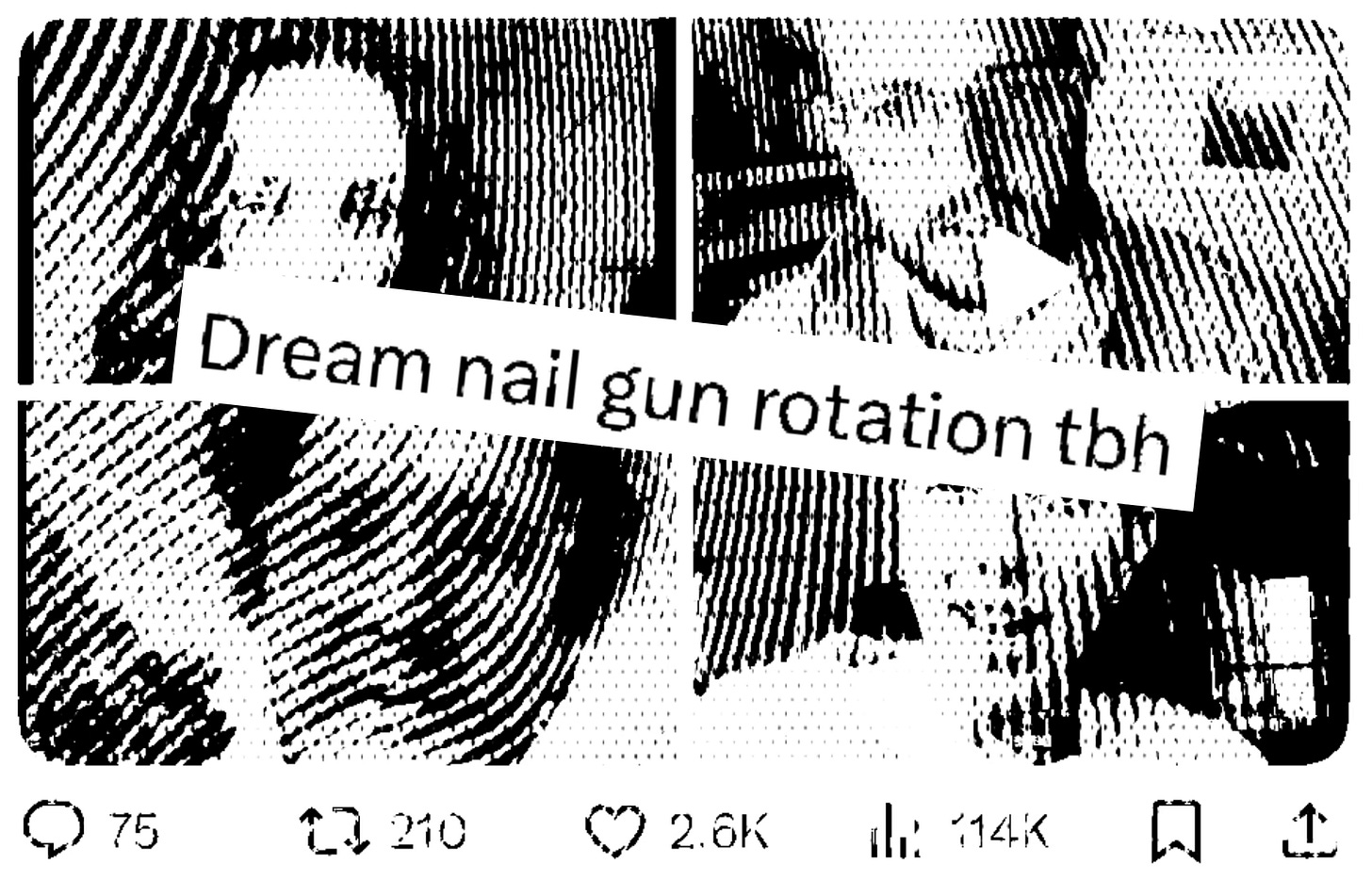What Fascists Taught Me About Empathy (Part 1)
Grief-policing, pearl-clutching, performative outrage and another win on the board for the fascist expansion.
[An edit of a comment on an X post I found, which complained about “leftists creators” calling people fascists]
For as long as I've had a public profile (and long before Charlie Kirk's murder), I've received threats of violence, death threats, and messages telling me to kill myself. Violent rhetoric has always been the rule, not the exception, for anyone…




